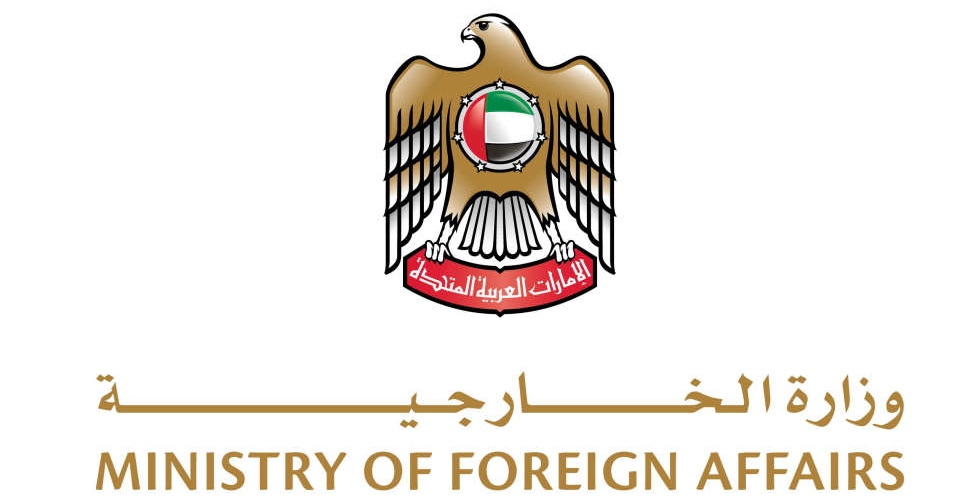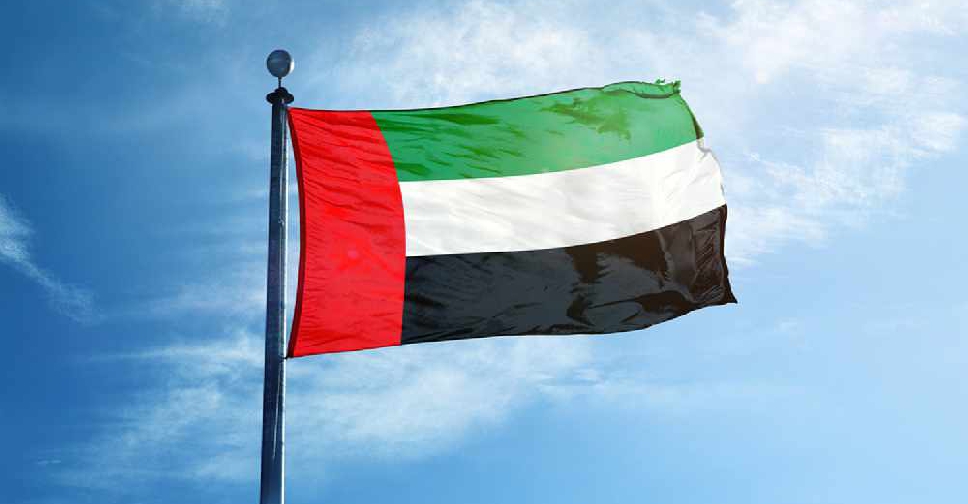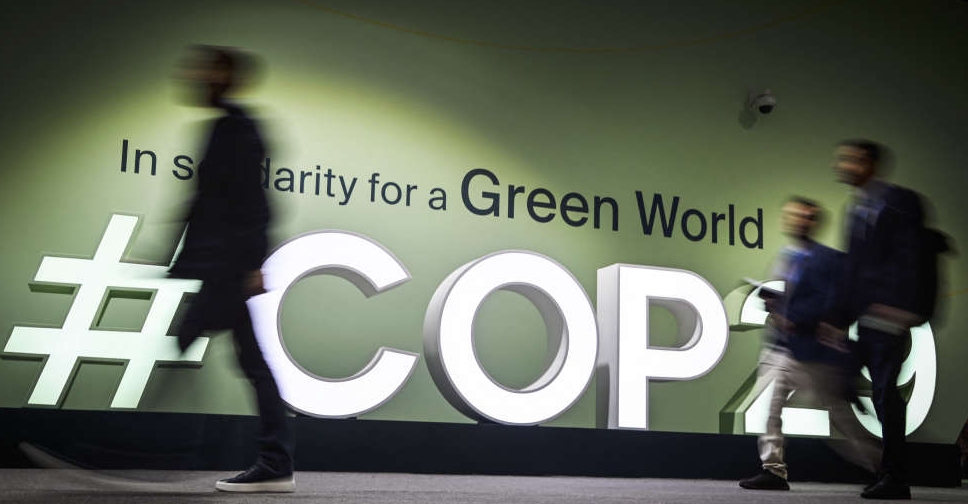
The world convened in Azerbaijan's capital Baku on Monday for COP29, the annual climate conference aimed at measuring progress made to advance the Paris Agreement and limit global warming.
The United Arab Emirates will formally hand over the COP presidency to Azerbaijan.
The latest UN environmental conference comes ahead of the upcoming deadline for countries to present their plans to reduce greenhouse gas emissions under the Paris Agreement by February 2025. The commitments, known as Nationally Determined Contributions (NDCs), are the heart of the Agreement’s plan to stabilise the rise of global temperatures.
NDCs should include sector-specific targets, such as concrete goals for shifting to emissions-free energy and food systems, the World Resources Institute (WRI) said.
Last year's COP28 summit in Dubai ended with countries agreeing for the first time to "transition away from fossil fuels in energy systems."
Since then, however, both fossil fuel use and export sales have continued to rise globally, while new areas have been approved for oil and gas production in countries like Azerbaijan, the United States, Namibia, and Guyana.
At this year’s COP, countries will focus on pushing for more ambitious emissions reductions and identifying new sources of finance, known as the New Collective Quantified Goal (NCQG).
“Cuts of 42 per cent are needed by 2030 and 57 per cent by 2035 to get on track for 1.5°C,” the UN Environmental Programme said in its latest report.
The report added: “A failure to increase ambition in these new NDCs and start delivering immediately would put the world on course for a temperature increase of 2.6-3.1°C over the course of this century. This would bring debilitating impacts to people, planet and economies.”
Among the most contentious issues that remain are how much money developed nations will provide, and who should provide climate finance.
Azerbaijan has crafted several pledges to drive action, including putting forward a series of commitments for investing in renewable energy, such as a Global Energy Storage and Grids Pledge.
A recent study determined that the world’s most climate-vulnerable nations are paying two times as much annually on external debt repayments as they receive financial help to address climate change. This financial strain hampers their ability to invest in crucial climate resilience and adaptation efforts, deepening their exposure to climate risks.
Rich nations barely met a $100 billion a year target set as part of an agreement in 2009. Now experts and developing countries are pushing for $1 trillion a year or more.
COP29 is expected to host 50,000 participants, compared to a record 100,000 attendees for COP28 in the UAE last year. While Baku has a limited hosting capacity, some countries have allocated fewer representatives to the conference this year.
US President Joe Biden, Canadian Prime Minister Justin Trudeau, Indian Prime Minister Narendra Modi, China’s President Xi Jinping, South Africa’s Cyril Ramaphosa and Australia’s Prime Minister Anthony Albanese, and others appear to be skipping the climate conference this year.
The re-election of Donald Trump as the next US president means the country is likely to withdraw from the Paris Agreement once again, analysts said. On Friday, Trump's transition team prepared executive orders and proclamations on withdrawing from the Paris climate agreement and shrinking the size of some national monuments to allow more drilling and mining, according to the New York Times.
There are now 198 Parties (197 countries plus the European Union) to the Convention, constituting near universal membership.

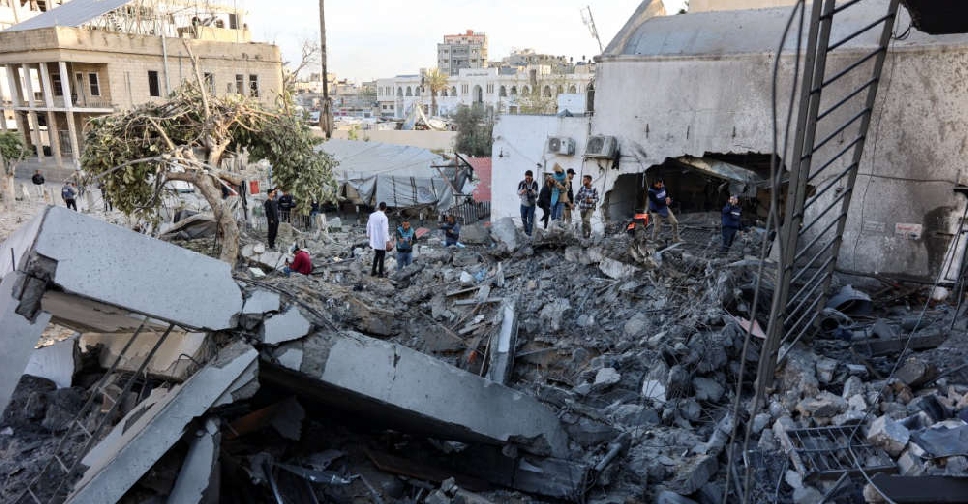 Israeli missiles strike Gaza hospital, patients evacuated, medics say
Israeli missiles strike Gaza hospital, patients evacuated, medics say
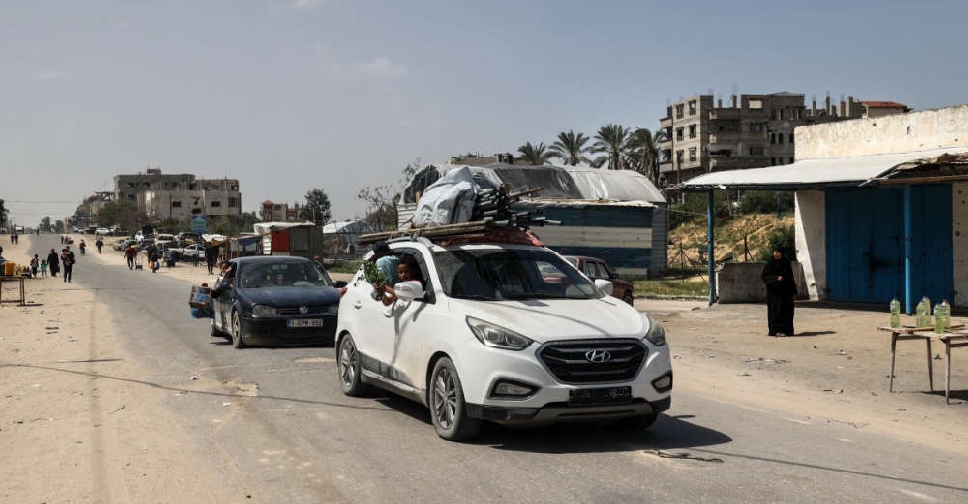 Israeli forces completely encircle Gaza's Rafah, says military
Israeli forces completely encircle Gaza's Rafah, says military
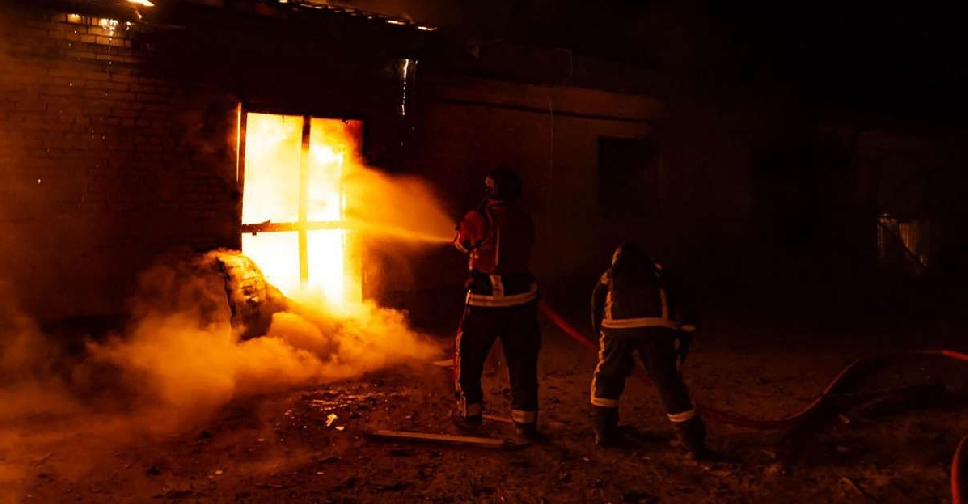 Russia launches scores of drones in overnight attack, says Ukraine
Russia launches scores of drones in overnight attack, says Ukraine
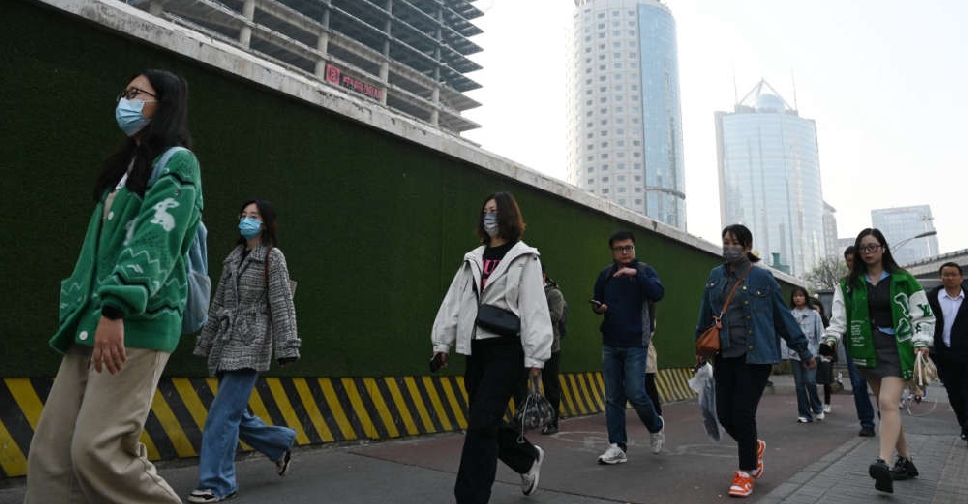 Cold winds sweep Beijing, closing key sites, disrupting travel
Cold winds sweep Beijing, closing key sites, disrupting travel
 Iran, US to start talks on nuclear programme in Oman
Iran, US to start talks on nuclear programme in Oman


